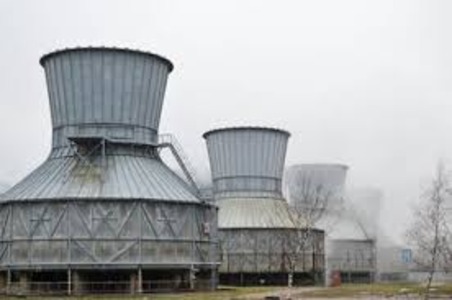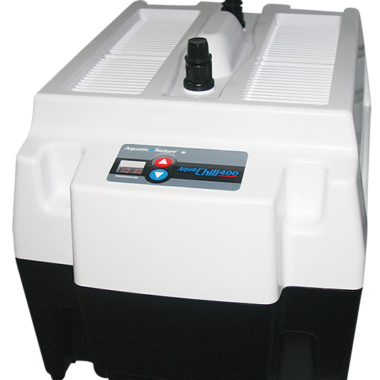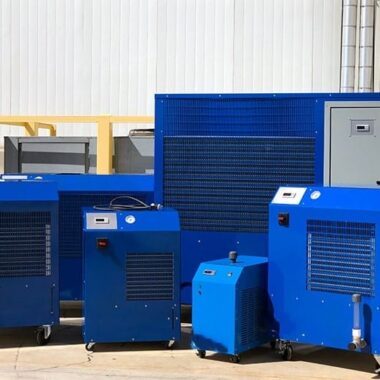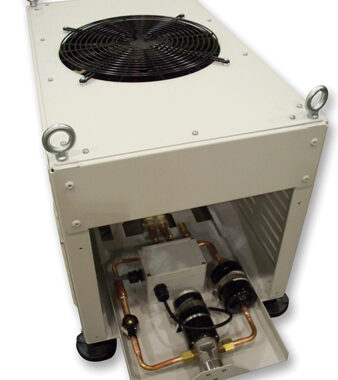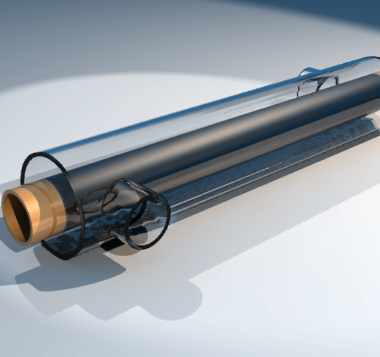Petrochemical Cooling
Introduction
Petrochemical Cooling, managing heat is a critical aspect of ensuring smooth operations and product quality. Petrochemical processes, such as refining, distillation, and chemical reactions, generate significant heat that must be efficiently removed to maintain equipment reliability, optimize energy use, and ensure safety. Petrochemical cooling systems, employing advanced technologies like cooling towers, heat exchangers, and chillers, play an indispensable role in supporting these processes. By addressing both operational and environmental challenges, these systems contribute to the overall success of petrochemical production.
Importance of Cooling in Petrochemicals
Process Control
Cooling is crucial to maintain optimal temperatures for chemical reactions. Many reactions in petrochemical plants are highly temperature-sensitive; deviations can lead to reduced efficiency or undesirable by-products. For example, in polymerization processes, cooling ensures consistent reaction rates and prevents overheating.
- Equipment Protection
Overheating can damage critical equipment like reactors, distillation columns, and compressors. By managing heat effectively, cooling systems extend the life of this expensive machinery, reducing the need for frequent replacements or repairs. - Energy Efficiency
Proper cooling minimizes energy wastage by ensuring equipment runs within optimal temperature ranges. Heat recovery systems can also utilize the extracted heat to preheat incoming feeds or generate steam, improving the plant’s energy profile. - Safety
Petrochemical processes often involve flammable or hazardous materials. Cooling systems prevent thermal runaway reactions—uncontrolled exothermic reactions that could lead to explosions or toxic gas releases—thereby ensuring workplace safety.
Cooling Methods
Cooling Towers
-
- Description: Cooling towers use the evaporation of water to remove heat from the system. Warm water from the process is sprayed inside the tower, and as it interacts with ambient air, heat is dissipated.
- Application: Widely used in processes like condenser cooling in distillation columns and reactor cooling.
- Advantages: Cost-effective for large-scale cooling; can handle high thermal loads.
- Challenges: Requires water availability and is prone to scaling and fouling if untreated water is used.
Heat Exchangers
-
- Description: Devices like shell-and-tube or plate heat exchangers transfer heat between two fluids without mixing them.
- Application: Ideal for processes requiring precise heat control, such as heat recovery or cooling high-pressure fluids.
- Advantages: Compact design, high thermal efficiency, and low maintenance.
- Challenges: Sensitive to fouling, requiring regular cleaning to maintain efficiency.
Chillers
-
- Description: Chillers use refrigeration cycles to provide precise temperature control, cooling water or other fluids for process needs.
- Application: Used in applications requiring strict temperature regulation, such as cooling of specialized chemicals.
- Advantages: Highly accurate cooling and suitable for critical applications.
- Challenges: High energy consumption and reliance on refrigerants, which may have environmental concerns.
Air-Cooled Systems
-
- Description: Air-cooled heat exchangers use ambient air to cool hot fluids, eliminating the need for water.
- Application: Frequently used in regions with limited water availability.
- Advantages: Water-free cooling, low environmental impact.
- Challenges: Larger footprint compared to water-cooled systems and lower efficiency in hot climates.
Applications of Cooling in Petrochemicals
Cooling of Reactors
-
- Reactors are at the heart of petrochemical plants, where raw materials undergo chemical transformations. Cooling prevents overheating, ensuring that reactions proceed safely and efficiently.
Condensation of Vapors
-
- During distillation, hydrocarbon vapors need to be cooled and condensed into liquid form for separation. Efficient cooling improves the yield and quality of the products.
Compressor Cooling
-
- Compressors generate heat during the compression of gases. Cooling systems ensure that compressors operate within safe temperature limits, preventing mechanical failure.
Heat Recovery
-
- Waste heat generated during production can be captured and reused, for example, in preheating feedstocks or generating steam. This reduces energy consumption and lowers operational costs.
Considerations for Effective Petrochemical Cooling
Corrosion Resistance
-
- Petrochemical processes often involve corrosive fluids. Cooling system components, such as pipes and heat exchanger tubes, should be made from materials like stainless steel, titanium, or other corrosion-resistant alloys to ensure durability.
Scalability
-
- Petrochemical plants experience fluctuating production demands. Cooling systems must be designed to accommodate varying thermal loads without compromising efficiency or reliability.
Environmental Compliance
-
- Environmental regulations often limit water usage and thermal pollution. Adopting eco-friendly cooling practices, such as closed-loop systems and air-cooled solutions, helps ensure compliance while minimizing the plant’s environmental impact.
Maintenance
-
- Cooling equipment is prone to fouling, scaling, and wear due to continuous operation. Regular cleaning, inspections, and the use of treated water or anti-scaling agents can help maintain system efficiency and avoid unplanned downtime.


